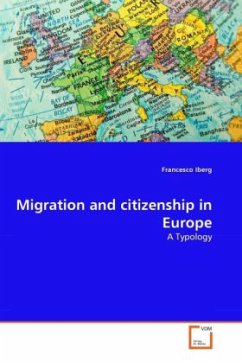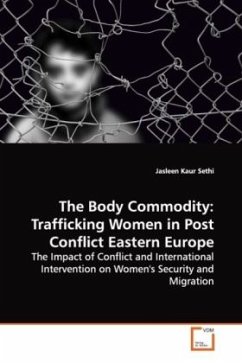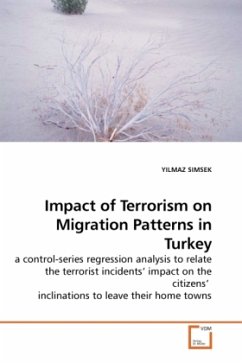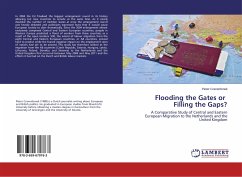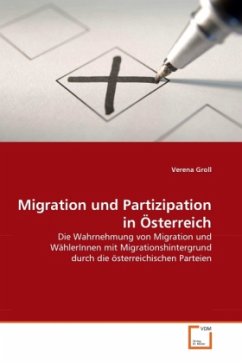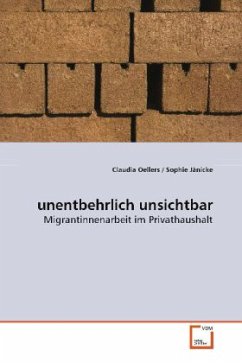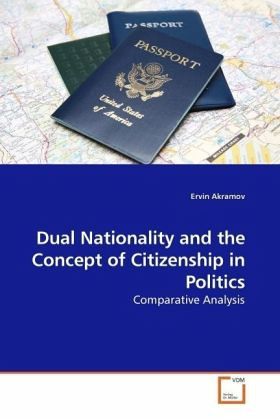
Dual Nationality and the Concept of Citizenship in Politics
Comparative Analysis
Versandkostenfrei!
Versandfertig in 6-10 Tagen
39,99 €
inkl. MwSt.

PAYBACK Punkte
20 °P sammeln!
In the last two decades the concept of citizenship and the increase in cases of dual nationality have gained significant importance. Therefore the objective of this book is to put citizenship and contemporary problematic of dual nationality cases in the center of political and academic analysis. The first part of the book examines historical and theoretical aspects of citizenship development. Further the emphasis is given to the contemporary relevance of citizenship status as well as to the analysis of main methods for citizenship acquisition such as jus soli, jus sanguinis and naturalization....
In the last two decades the concept of citizenship and the increase in cases of dual nationality have gained significant importance. Therefore the objective of this book is to put citizenship and contemporary problematic of dual nationality cases in the center of political and academic analysis. The first part of the book examines historical and theoretical aspects of citizenship development. Further the emphasis is given to the contemporary relevance of citizenship status as well as to the analysis of main methods for citizenship acquisition such as jus soli, jus sanguinis and naturalization. Finally, the book explores the reasons leading to the increase of cases of dual citizenship, including the role of international migration and refugee movements, methods of obtaining dual nationality, the approach to this topic from the point of international law, comparison of negative and positive consequences of dual citizenship as well as the development of dual nationality in the context of different national models. This work will be interesting for all those whose academic or applied interest lies in the areas of citizenship, dual nationality and migration.



